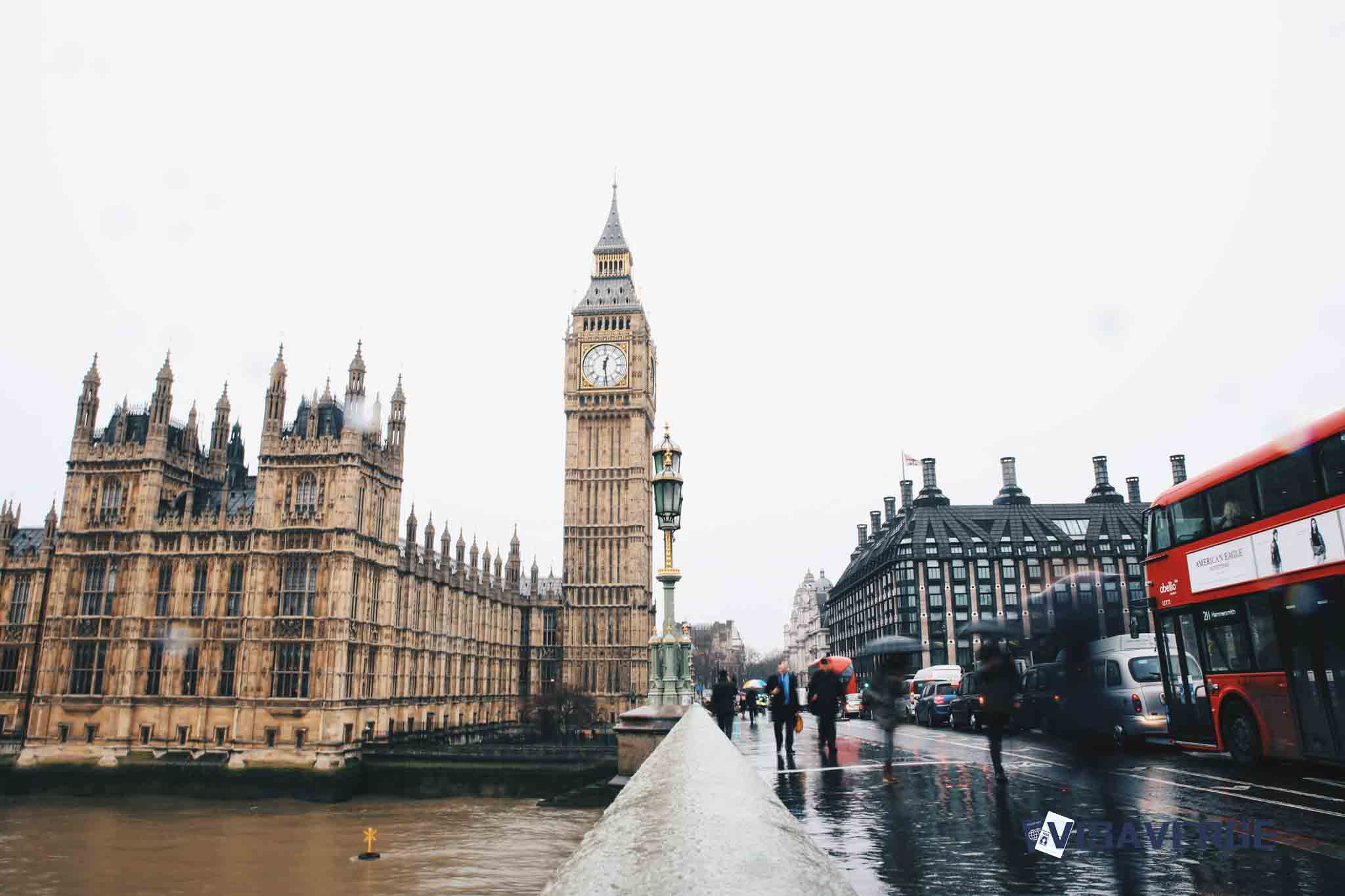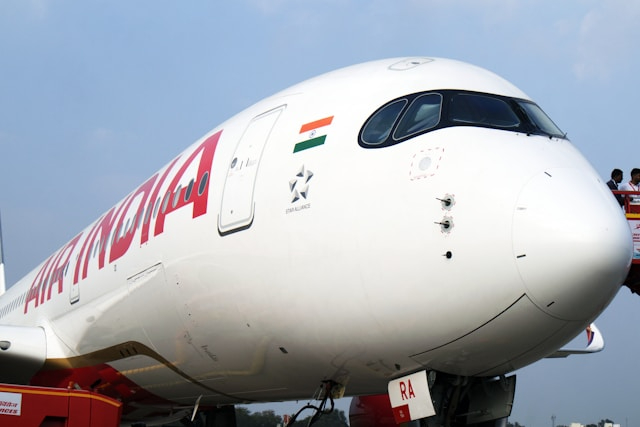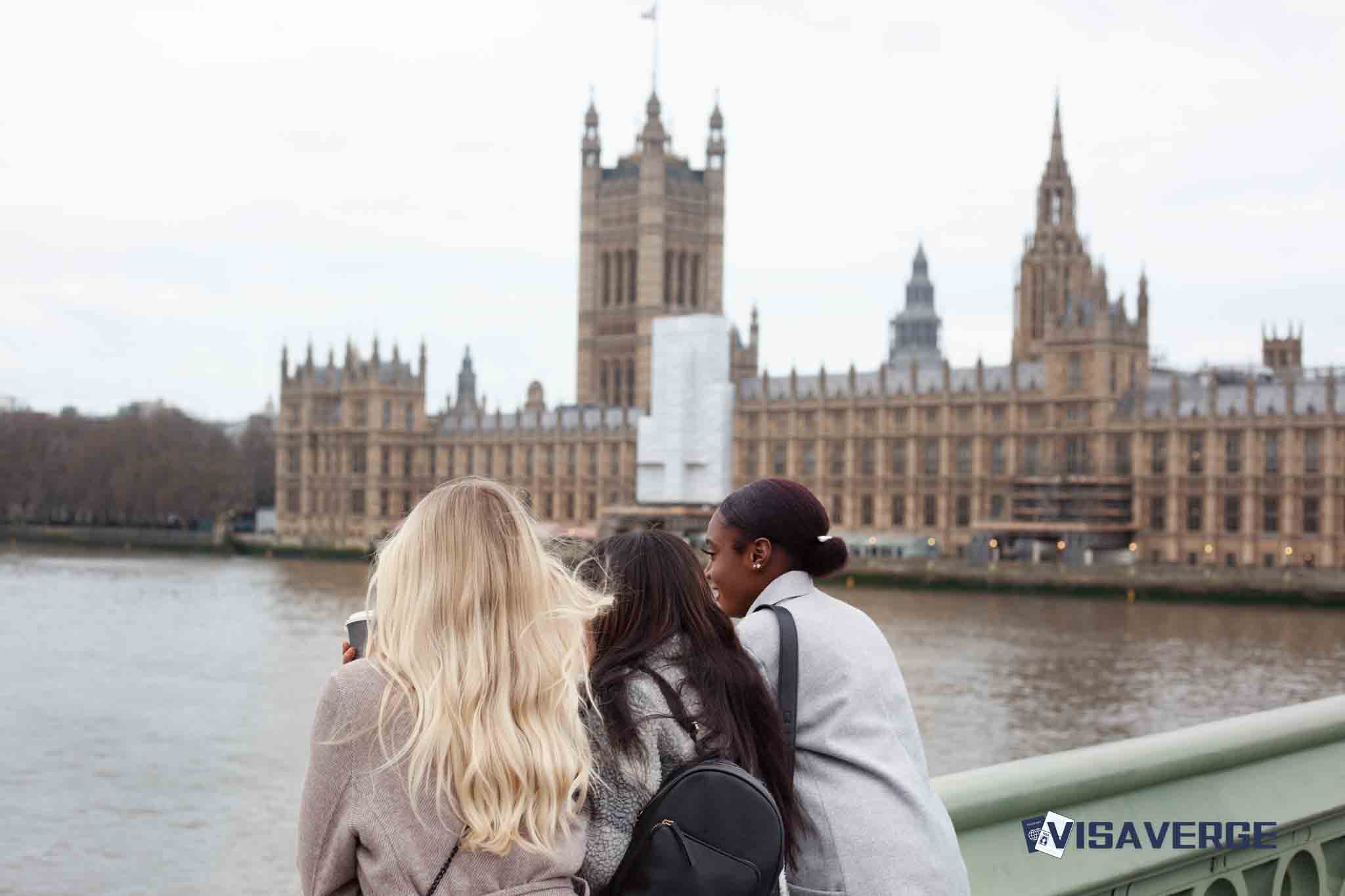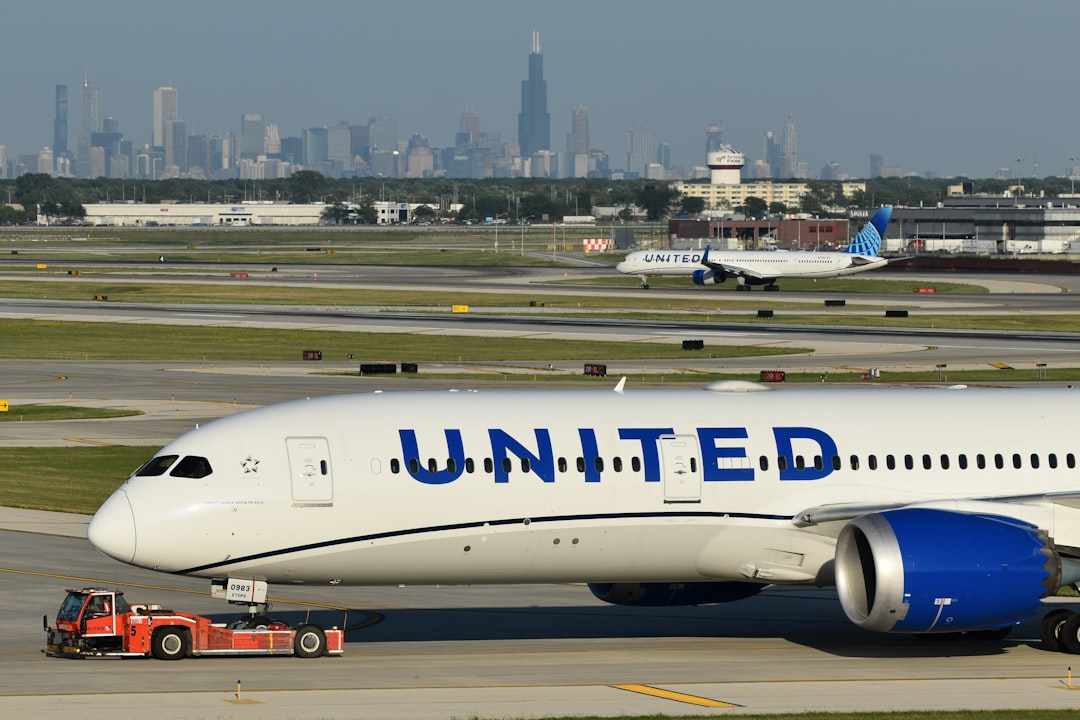If you’re in the UK on a Tier 2 visa, a common question that arises is regarding the work rights of your spouse or partner. Understanding the ins and outs of this can make the transition smoother for your family and give you peace of mind about your journey in the UK.
Can My Spouse Work in the UK With My Tier 2 Visa?
The short answer is yes, your spouse or partner can work in the UK if you have a Tier 2 visa. However, there are conditions that must be met, and it’s vital to ensure all legal requirements are fulfilled to prevent any possible issues with immigration authorities.
Understanding the Spouse Work Permit on a Tier 2 Visa
When you are granted a Tier 2 visa in the UK—which is a visa for skilled workers—a dependent partner or spouse can accompany you. As of your visa, dependents are usually granted entry clearance or leave to remain for the same period as the main Tier 2 visa holder. Here’s what you need to know:
- Eligibility: Your spouse or partner must have a Dependent Visa to join or stay with you in the UK.
- Work Rights: Once they have this visa, they can work without restrictions in the UK. This means they can undertake employment, self-employment, or freelance work without the need for an additional visa or work permit.
Steps for Securing a Spouse Work Permit on a Tier 2 Visa

- Apply Together: It’s generally easier to apply for your dependent’s visa at the same time as you apply for your own Tier 2 visa. However, they can also apply later.
- Provide Necessary Documents: Your partner will need to furnish documents that include proof of your relationship, evidence of meeting financial requirements, and possibly their fingerprints and a photograph (biometric information).
Financial Requirements for the Dependency Visa
It’s important to note that there are financial requirements to be met to ensure that dependents can be sufficiently supported during their stay in the UK. You’ll need to demonstrate that you have enough money to support your dependents, usually through bank statements, salary slips, or a combination of both.
Additional Conditions
Keep in mind that while your spouse or partner can work on a Dependent Visa, they cannot access public funds, which means they are not entitled to benefits, tax credits, etc.
Where to Find Accurate Information
Immigration rules can change, so it’s important to refer to the UK Government’s official website for the most current information. It’s recommended to check it regularly or seek professional advice if you have any questions or concerns regarding your situation.
Wrapping It Up
To sum up, if you’re residing in the UK on a Tier 2 visa, your spouse is entitled to apply for a dependent visa, which in turn enables them to seek employment in the UK. Always keep abreast of the latest immigration laws, and don’t hesitate to get legal advice to ensure that you’re following the most current procedures and rules.
In conclusion, with the correct Dependent Visa, your spouse can indeed work in the UK, contribute to the local economy, and gain valuable experience while you’re here on a Tier 2 visa. The process might seem daunting at first, but with the right preparation and understanding of the requirements, it can be a smooth process.
Expert Insights
Did You Know?
- Immigration Trends: Did you know that the United Kingdom has been a top destination for immigrants? According to the United Nations, as of 2019, the UK ranked fifth globally for the number of international migrants residing within its borders. This influx of people from around the world contributes to the cultural, economic, and social diversity of the nation.
- Workforce Contributions: Immigrants play a significant role in the UK’s workforce. Data from the Migration Observatory indicates that in 2020, approximately one in three doctors working in the National Health Service (NHS) were born outside the UK. Similarly, around one in four workers in the information and communication sectors were foreign-born. These contributions highlight the vital role immigrants play in various industries and their significant impact on the country’s economy.
-
Refugee Resettlement: Offering sanctuary to those in need, the UK has a history of providing refuge to refugees. In recent years, the UK has been one of the top countries globally in terms of the number of refugees resettled. The government has committed to resettling up to 20,000 refugees through the Syrian Vulnerable Persons Resettlement Scheme by 2020. This demonstrates the UK’s commitment to helping displaced individuals rebuild their lives in a safe and welcoming environment.
-
Language Diversity: The UK is a linguistically diverse nation. Alongside English, the most commonly spoken language in the UK, over 300 languages are spoken, making it a vibrant multicultural society. Punjabi, Polish, Urdu, Bengali, and Gujarati are among the most widely spoken languages besides English. This linguistic diversity adds richness and cultural value to the country.
-
Contribution to Arts and Culture: Immigration has had a profound impact on shaping the arts and cultural scene in the UK. Many renowned artists, writers, musicians, and actors have come from immigrant backgrounds, bringing their diverse experiences and perspectives. From Salman Rushdie to Zadie Smith, Freddie Mercury to Adele, the influence of immigrants in the UK’s creative landscape cannot be underestimated.
-
Historical Migrations: The UK has a long history of migration, and this diverse past has left its mark on the nation. For example, did you know that following World War II, the UK faced a severe labor shortage and subsequently recruited workers from Commonwealth countries, particularly the Caribbean? This led to the arrival of the Windrush Generation, named after the ship HMT Empire Windrush. This historical migration wave significantly shaped the cultural fabric of the UK.
-
Citizenship by Descent: For those with British ancestry, it’s possible to apply for British citizenship by descent. This means that if you have a parent or grandparent who was born in the UK, you may be eligible to apply for citizenship even if you were born outside the country. Understanding these provisions can open up opportunities for individuals to connect with their heritage and potentially explore their family’s immigration stories.
-
Contributions to Sports: Over the years, immigrants have made notable contributions to sports in the UK. From footballers like Thierry Henry and Eric Cantona to athletes like Mo Farah and Jessica Ennis-Hill, immigrant athletes have excelled and brought glory to the nation. Their success not only showcases individual talent but also highlights the positive impact of immigration on the country’s sporting achievements.
-
Charitable Contributions: Immigrants in the UK often contribute significantly to charities and philanthropic initiatives. Many immigrants establish organizations and foundations dedicated to improving the lives of communities both in the UK and abroad. Their dedication to social responsibility highlights the compassion and generosity that immigrants bring to the UK, positively impacting society as a whole.
-
Integration Efforts: The UK is committed to promoting integration and ensuring that immigrants have the opportunity to become productive members of society. Various initiatives and programs are offered to facilitate access to education, language courses, and community support. These efforts aim to foster understanding, social cohesion, and mutual respect between different communities, fostering a united and inclusive society.
Remember, immigration is a complex and multifaceted subject, and by delving into these lesser-known facts, we can broaden our understanding of the diverse and vibrant world of immigration in the UK.
Learn today
Glossary or Definitions
- Tier 2 visa: A type of visa in the United Kingdom that allows skilled workers to live and work in the country. It is primarily for individuals who have been offered a skilled job by a UK employer.
- Dependent visa: A visa category that allows the spouse or partner of an individual with a Tier 2 visa to join or stay with them in the UK.
- Entry clearance: The process of obtaining permission to enter the UK. It involves applying for a visa from outside the country.
- Leave to remain: Permission granted to individuals already in the UK to stay for a specific period. This is usually granted to dependents for the same duration as the main Tier 2 visa holder.
- Work rights: The ability to work legally in the UK. In the context of the dependent visa, it refers to the permission for the spouse or partner to undertake employment, self-employment, or freelance work without needing an additional visa or work permit.
- Financial requirements: The criteria that dependents must meet to ensure they can be adequately supported financially during their stay in the UK. This is usually demonstrated through bank statements, salary slips, or a combination of both.
- Public funds: Government financial support given to individuals in the UK, including benefits and tax credits. Dependent visa holders are not entitled to access public funds.
- UK Government’s official website: The authoritative source of information provided by the UK government regarding immigration rules, policies, and processes. It is advisable to refer to this website for the most up-to-date information on visa requirements and changes.
- Biometric information: Unique personal data, such as fingerprints and photographs, that are used for identification and verification purposes by immigration authorities.
- Immigration laws: Policies and regulations that govern the entry, stay, and rights of individuals in a country who are not citizens. Immigration laws are subject to change and should be regularly checked for updates and revisions to ensure compliance.
- Professional advice: Consultation with an expert in immigration law, such as an immigration lawyer or consultant, who can provide accurate and personalized guidance on visa applications, requirements, and procedures.
- Local economy: The economic activities of a specific region or area. In the context of the UK, it refers to the financial and commercial activities taking place within the country. The ability of spouses to work on dependent visas can contribute to the local economy by adding to the workforce and generating income.
- Procedures and rules: The processes and regulations that govern the application and maintenance of visas and immigration status. It is essential to understand and follow these procedures and rules to adhere to immigration requirements properly.
So there you have it, my fellow visa explorer! Your spouse can definitely work in the UK with your Tier 2 visa. Just make sure they have the right Dependent Visa and fulfill all the requirements. Remember to stay updated on those immigration rules, my friend. And if you want more fascinating visa tidbits and advice, head over to visaverge.com. Happy exploring!
FAQ’s to know:
FAQ 1: Can my spouse work in the UK with my Tier 2 visa?
Yes, your spouse or partner can work in the UK if you have a Tier 2 visa. However, it is important to ensure that they meet the conditions and fulfill all legal requirements to avoid any potential issues with immigration authorities.
FAQ 2: What are the steps for securing a spouse work permit on a Tier 2 visa?
To secure a spouse work permit on a Tier 2 visa, you can apply for your dependent’s visa at the same time as your own Tier 2 visa application or separately. Your partner will need to provide necessary documents such as proof of relationship, financial requirements, and biometric information (if required).
FAQ 3: What are the financial requirements for the dependency visa?
To meet the financial requirements for the dependency visa, you need to demonstrate that you have enough funds to support your dependents during their stay in the UK. This can be demonstrated through bank statements, salary slips, or a combination of both. It’s important to note that dependents cannot access public funds such as benefits or tax credits.
What did you learn? Answer below to know:
- True or False: Can the spouse of a Tier 2 visa holder work in the UK without restrictions?
- What are the financial requirements for a dependent visa on a Tier 2 visa?
- Where can you find the most up-to-date information regarding the work rights of a spouse on a Tier 2 visa in the UK?








